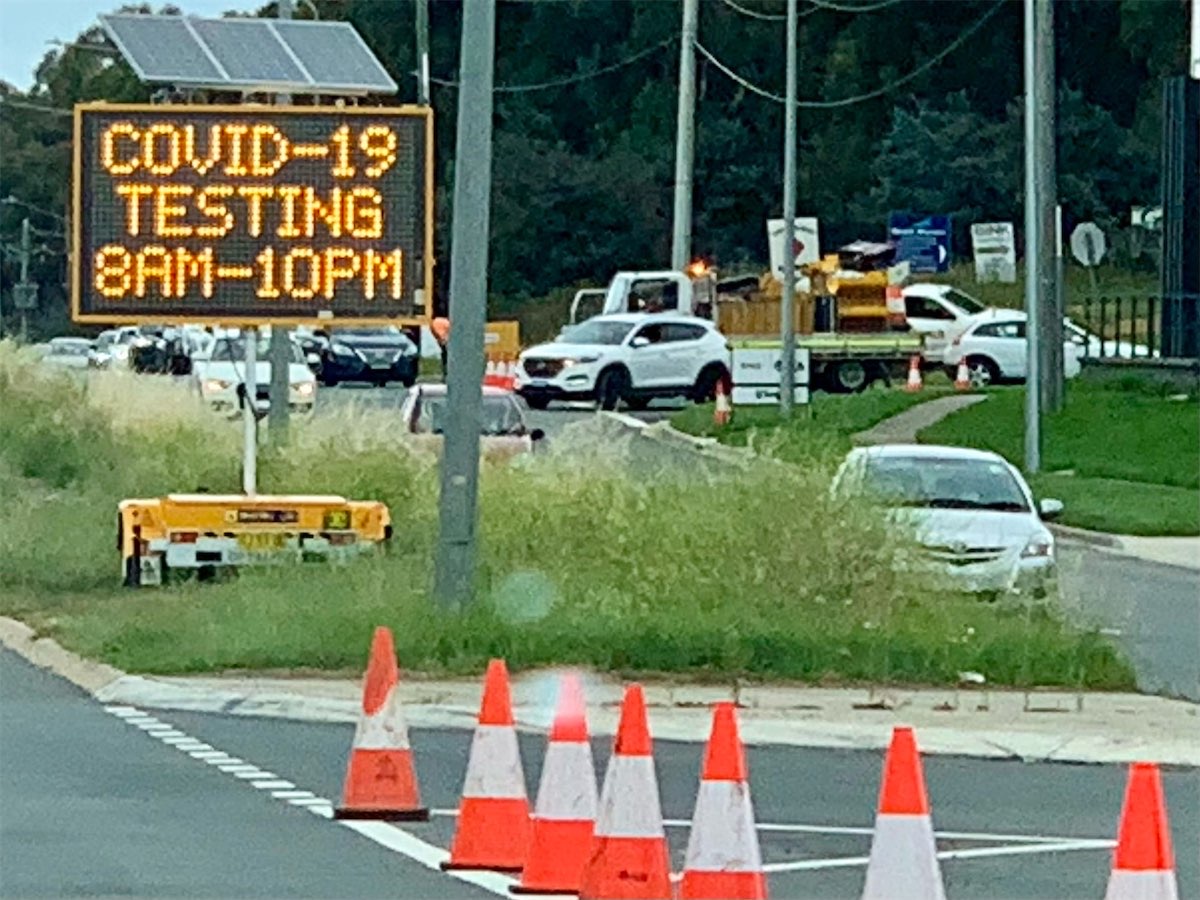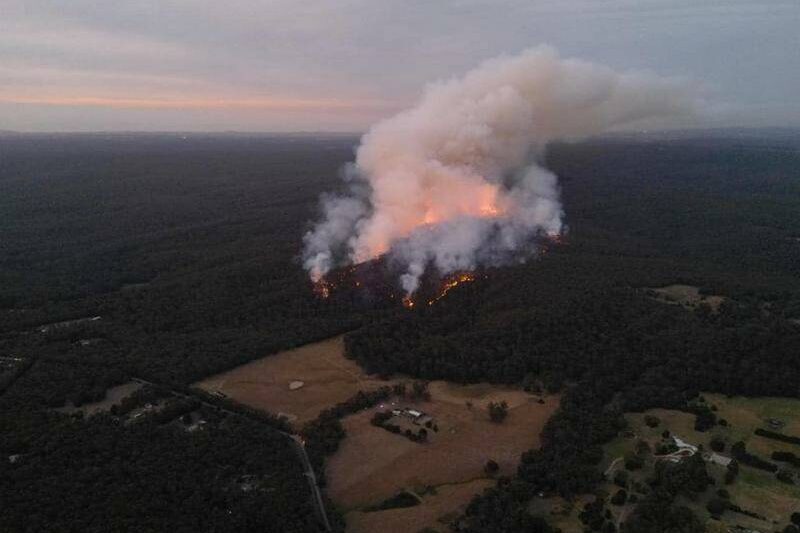
Australia cannot count on using the same measures for COVID-19 when the next pandemic hits because people have lost trust in authority, an inquiry into the nation’s crisis response has found.
Quickly establishing a national Centre for Disease Control (CDC) is a priority recommendation of a 670-page report released on Tuesday, intended to prepare Australia for future pandemics.
Australia fared better than other countries when considering its mortality rate and economic recovery, the review found.
But the pandemic response took a severe toll on the nation.
“People worked beyond normal limits, and many of the public health professionals, frontline community service and health staff, political leaders, health experts and public servants we relied on to get through the pandemic are no longer in their positions,” the report said.
“This poses risks to our resilience to face another crisis.”
Part of the reason Australia was able to respond relatively quickly and successfully was a willingness among people to put the community ahead of their own self-interest.
But over time, the strain of the pandemic and absence of clear communication about why unpopular decisions were being made caused that community spirit to wane.
“Trust has also been eroded, and many of the measures taken during COVID-19 are unlikely to be accepted by the population again,” the report said.
“That means there is a job to be done to rebuild trust, and we must plan a response based on the Australia we are today, not the Australia we were before the pandemic.
“Frustrations built up in the community as people questioned why Australia differed from the rest of the world in responses like lockdowns and were not given clear, evidence-based reasoning.”
The pandemic plans in 2020 were “grossly inadequate” for the challenges of COVID-19, Health Minister Mark Butler said.
“We are arguably worse placed as a country to deal with a pandemic than we were in early 2020,” he told reporters in Canberra.
“There has been really significant scarring on our healthcare systems and and the healthcare workforce.”
Mr Butler said there had been a lack of a shift during the pandemic response, from the early lockdown precautions when the virus was first being understood, to a more evidence-based approach when more was known about its effects.
“The inquiry report points to a lack of transparency around the rationale and the evidence behind decisions that were taken by governments that had such a profound impact on the lives of Australians and the freedom of Australians,” he said.
Following the report, the federal government will spend $251 million over the next four years to set up the CDC, which will begin work from January 2026.
Treasurer Jim Chalmers said consequences of economic decisions during the pandemic, such as Jobkeeper, were still being felt.
“Big decisions were taken and big mistakes were made. Those mistakes were costly and they were inflationary,” he said.
“The lack of planning, the delayed rollout, and the design choices of JobKeeper exacerbated skill shortages and inflationary pressures in our economy.
As well as a well-funded CDC to centralise future responses and communications, the review recommended taking a holistic approach to pandemic management that considers economic, social and equity, as well as health impacts.
It found vaccine mandates were effective at controlling the spread of the virus, but has contributed to a reluctance among some people to get vaccinated since.
Frameworks should be put in place in peacetime so decisions don’t have to be made on the fly, for example with how to manage high-risk settings like schools and aged care.
School closures – which were not recommended by health experts – caused long-term harm to children, given the inadequacy of replacement measures designed on the fly, with many schools unprepared to deliver remote learning.
Who can be trusted?
In a world of spin and confusion, there’s never been a more important time to support independent journalism in Canberra.
If you trust our work online and want to enforce the power of independent voices, I invite you to make a small contribution.
Every dollar of support is invested back into our journalism to help keep citynews.com.au strong and free.
Thank you,
Ian Meikle, editor





Leave a Reply